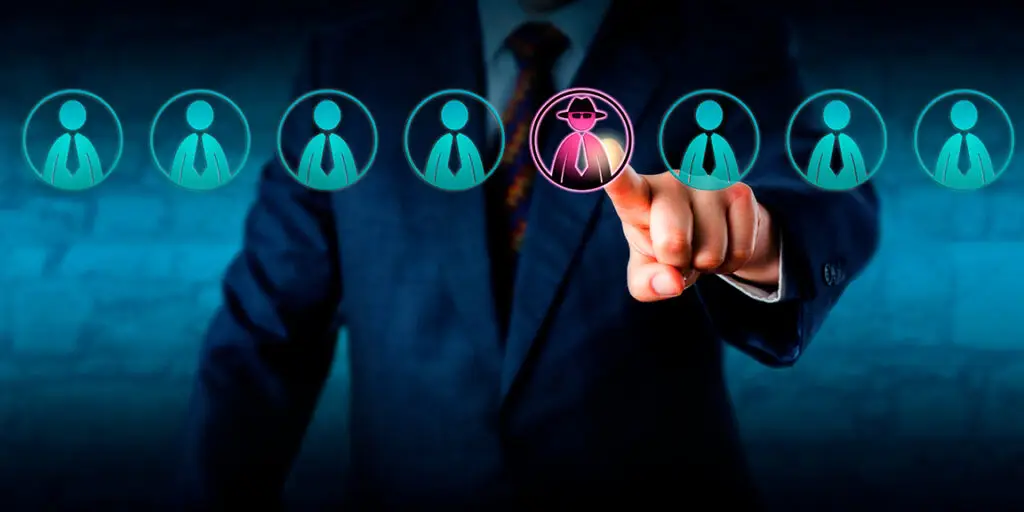Check Point Software is set to enhance its capabilities in preemptive threat exposure management (PEM) through its planned acquisition of Veriti Cybersecurity. This automated approach aims to tackle threats driven by the rise of AI and increasingly distributed IT environments. The acquisition, announced this week, targets improvements for Check Point’s AI-driven and cloud-based Infinity Platform security management system. Veriti’s technology excels at automatically identifying and addressing threats across diverse vendor environments, spanning on-premises data centers, cloud, and edge computing.
Yochai Corem, the vice president of threat exposure and risk management at Check Point, highlighted that “Veriti allows for the unification of various disparate security solutions into a singular interface.” The technology aggregates numerous threat signals, leveraging insights from multiple vendors to effectively minimize the attack surface. “Organizations often grapple with a multitude of security tools that typically function in isolation. However, cyber adversaries exploit this fragmentation, utilizing AI and advanced techniques to infiltrate vulnerabilities,” Corem elaborated, emphasizing Veriti’s capability for proactive risk identification and mitigation.
Although Check Point has not disclosed the financial specifics of the acquisition, it is expected to complete the deal by the end of the second quarter, with estimates suggesting a cost exceeding $100 million. The PEM sector is part of a rapidly expanding exposure management market projected to escalate from $2.2 billion last year to $7.6 billion by 2029. Concurrently, Morphisec, a cybersecurity entity, advocates for preemptive cybersecurity via its Automated Moving Target Defense (AMTD) approach, which evolves beyond traditional static defenses.
As cyber threats grow more intricate, classic reactive strategies like detection and response are becoming inadequate. Brad LaPorte, Morphisec’s chief marketing officer, noted in a blog that security leaders now face a pressing need for preemptive cyber defense. He cites Gartner data indicating that by 2030, this innovative approach will become integral to 75% of security solutions currently focused on detection and response.
In exploring the market, Check Point’s Corem recognized numerous advantages presented by Veriti, including its open ecosystem that integrates with over 70 security vendors such as CrowdStrike, Tenable, and Rapid7. He likened Veriti’s function to navigation apps that use real-time data from various vehicles: “Veriti processes the multitude of threat signals from your deployed security products, utilizing insights across numerous vendors to significantly lessen your attack surface.” Its API-based architecture enables seamless integration into existing environments without introducing agents or causing disruptions.
Check Point, headquartered in Israel with a presence in Redwood City, California, previously acquired Cyberint Technologies in October 2024. This acquisition fortified its external risk management capabilities. Corem expressed enthusiasm about merging Veriti and Cyberint: “The combination will furnish organizations with comprehensive external attack surface management, threat intelligence, and remediation, leading to an enriched threat exposure strategy.”
The advantages of this acquisition will also extend to Managed Security Service Providers (MSSPs) and Managed Service Providers (MSPs) working closely with Check Point. Corem stated, “With Veriti, our MSSP and MSP partners will gain access to tools that enhance service delivery at a reduced cost. This will empower them to manage the entire risk lifecycle for their customers, addressing both internal and external exposures across an entire attack surface.”



